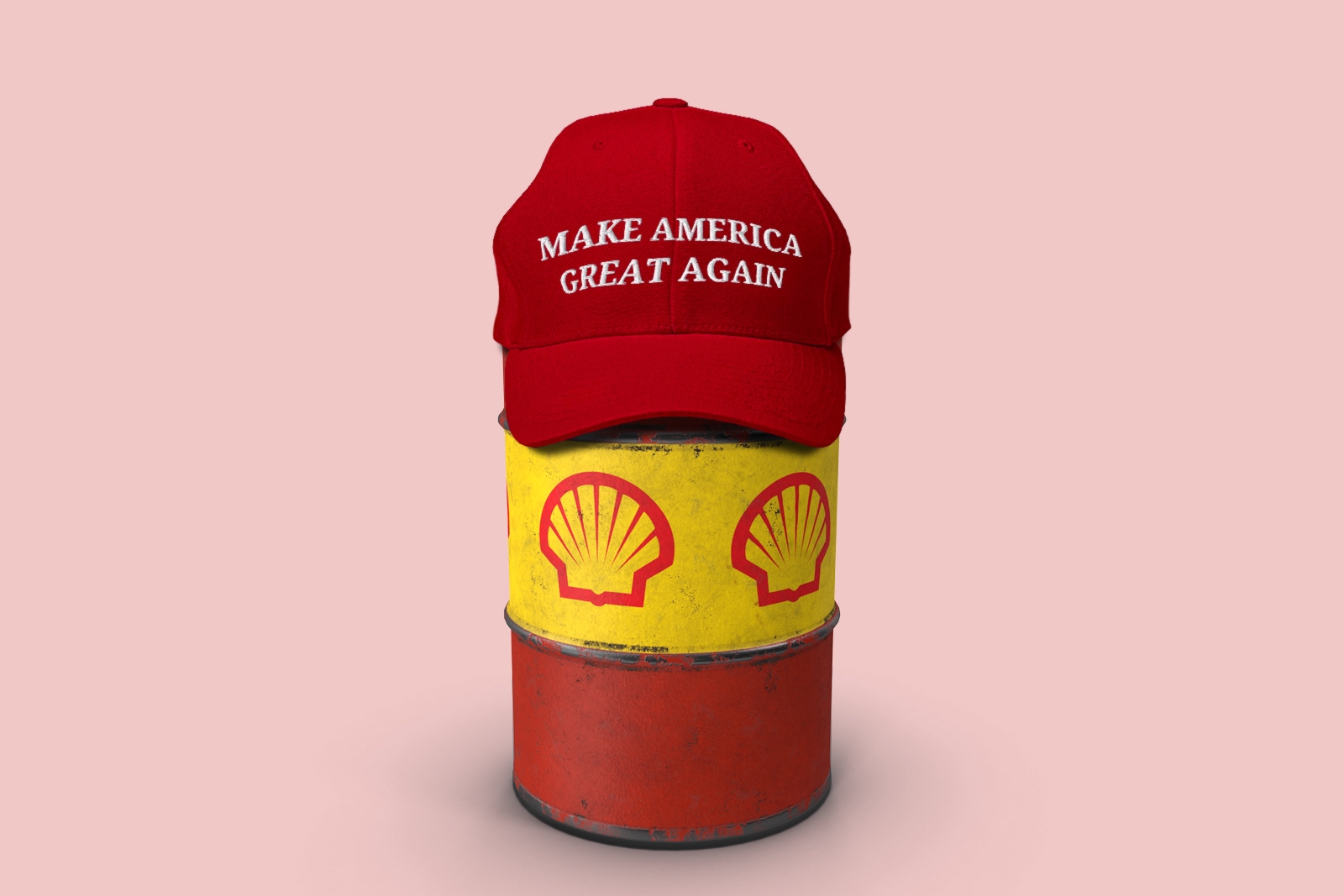
Trump’s Energy Tariffs Are a Wake-Up Call for U.S. Energy Security
President Donald Trump’s “Liberation Day” tariffs should be perceived in the way he often enters negotiations—first by making high-stakes, even outlandish demands, but eventually climbing down and making a deal once the other side makes concessions in his direction.
U.S. Commerce Secretary Howard Lutnick announced on March 12 that the administration will expand its 25% tariffs on steel and aluminium imports and has launched a Section 232 investigation into copper, signalling an unwavering commitment to bolstering domestic production.
This escalation, alongside the reinstatement of tariffs on Canadian and Mexican goods, underscores a seismic shift in U.S. trade policy aimed at energy security and economic nationalism—even as allies like Canada retaliate with 25% tariffs on $29.8 billion in U.S. goods and global markets reel from the uncertainty.
The Trump administration’s latest tariff measures are a bold step toward reinforcing America’s energy independence, securing domestic supply chains, and countering unfair foreign trade practices that have long disadvantaged American producers.
This decisive move includes a 10% levy on Canadian energy products (crude oil, natural gas, and electricity), 25% tariffs on all Mexican imports (with temporary exemptions for USMCA-compliant goods), and sharply increased tariffs on Chinese imports—now reaching up to 145% on key sectors. A broader 10% universal tariff on all other imports took effect April 5, part of a reciprocal strategy targeting trade surpluses with the U.S.
While these tariffs are necessary for Trump’s “America First” economic policy, they introduce immediate challenges for U.S. refiners who rely heavily on imported heavy crude—a critical feedstock for diesel, jet fuel, and petrochemical production.
The reality is that U.S. refining capacity is built around processing heavy crude, which is far cheaper and more versatile than the premium light, sweet, export-grade crude produced domestically. In short, using domestic light crude in domestic refineries is uneconomical and technically tricky.
Nevertheless, nearly 70% of U.S. refiners’ feedstock comes from Canada, while Mexico supplies another 10%. The Biden administration’s shortsighted energy policies—such as revoking approval for the Keystone XL pipeline, banning sizeable offshore oil and gas drilling projects, and releasing strategic petroleum reserves instead of retreating from hostile policies—damaged the oil industry domestically. The current situation is a direct consequence of years of mismanagement and overregulation.
Canadian crude will continue flowing south despite the tariffs since U.S. refiners depend on it. However, if Canada pivots its focus to the booming East Asian market, American buyers will face an urgent dilemma: secure crude immediately or risk higher prices.
Some refiners may be forced to absorb additional costs or pass them on to consumers, leading to inflationary pressures. However, these short-term pains are part of a larger plan to bring energy production back to America and reduce dependence on foreign suppliers.
While Canadian heavy crude remains vital to U.S. refiners, Trump’s tariff policy aims to ensure fair trade and encourage investment in alternative sources over time. The long-term goal is to diversify energy and strategic partnerships, including increased cooperation with trusted allies with domestic energy production like Israel, Saudi Arabia, and the UAE.
Under Trump, U.S. reliance on OPEC crude was deliberately reduced, and with proper investment, American refiners can adjust to new supply chains without compromising energy security or geopolitical pressures.
Refiners looking for alternative heavy crude sources have limited but viable options. South America is one possibility, but it comes with risks. The Trump administration rightly canceled Chevron’s oil license in Venezuela due to the Nicolás Maduro regime’s corruption and human rights abuses, making Venezuelan crude unavailable to the U.S. market.
Under leftist President Lula da Silva, Brazil remains an unpredictable trade partner. While Colombia and Ecuador have some export capacity, their infrastructure and commercial environments make it challenging to completely replace Canadian and Mexican supplies.
Private energy traders also offer a potential market-based solution. These firms specialize in sourcing, storing, and transporting crude oil globally, helping to mitigate supply disruptions.
For example, Geneva-based firm BGN International can support the U.S. market by offering heavy crude from Colombia—a reliable import partner after Bogotá agreed to accept deported migrants following a request from President Trump. BGN also has extensive access to Middle Eastern and African crude suppliers, allowing the company to provide stable and diverse crude varieties.
Glencore, also based in Geneva, remains one of the largest players in commodity trading, with significant South American and African crude supplies that could help U.S. refiners adapt. Gunvor Group operates dozens of trading arms and has crude oil interests in many strategically important parts of the world. The company has made substantial steps recently to distance itself from its ties to President Vladimir Putin and Russian ownership in the wake of Russian sanctions.
The free market will significantly aid U.S. refiners with the support of energy traders until sufficient heavy and sour crude production is onshored once the tariff’s teething issues subside. However, that same free market leaves U.S. refiners facing the risk that traders could redirect Canadian and Mexican oil to Europe and East Asia, where demand and prices are rising.
The Trump administration is taking decisive action to restore America’s energy independence, reduce reliance on hostile regimes and syndicates, and strengthen strategic alliances with reliable partners.
While short-term adjustments are inevitable, these tariffs are laying the groundwork for a more resilient and independent American energy industry prioritizing national security, stable fuel prices, and strong alliances with crucial partners like Israel and Gulf allies.
U.S. buyers must act swiftly to secure alternative heavy crude sources or risk supply shortages and higher prices. The Trump administration is rebuilding the nation’s energy dominance, ensuring America remains energy-secure while advancing its strategic interests. In the meantime, the U.S. oil industry has options.
